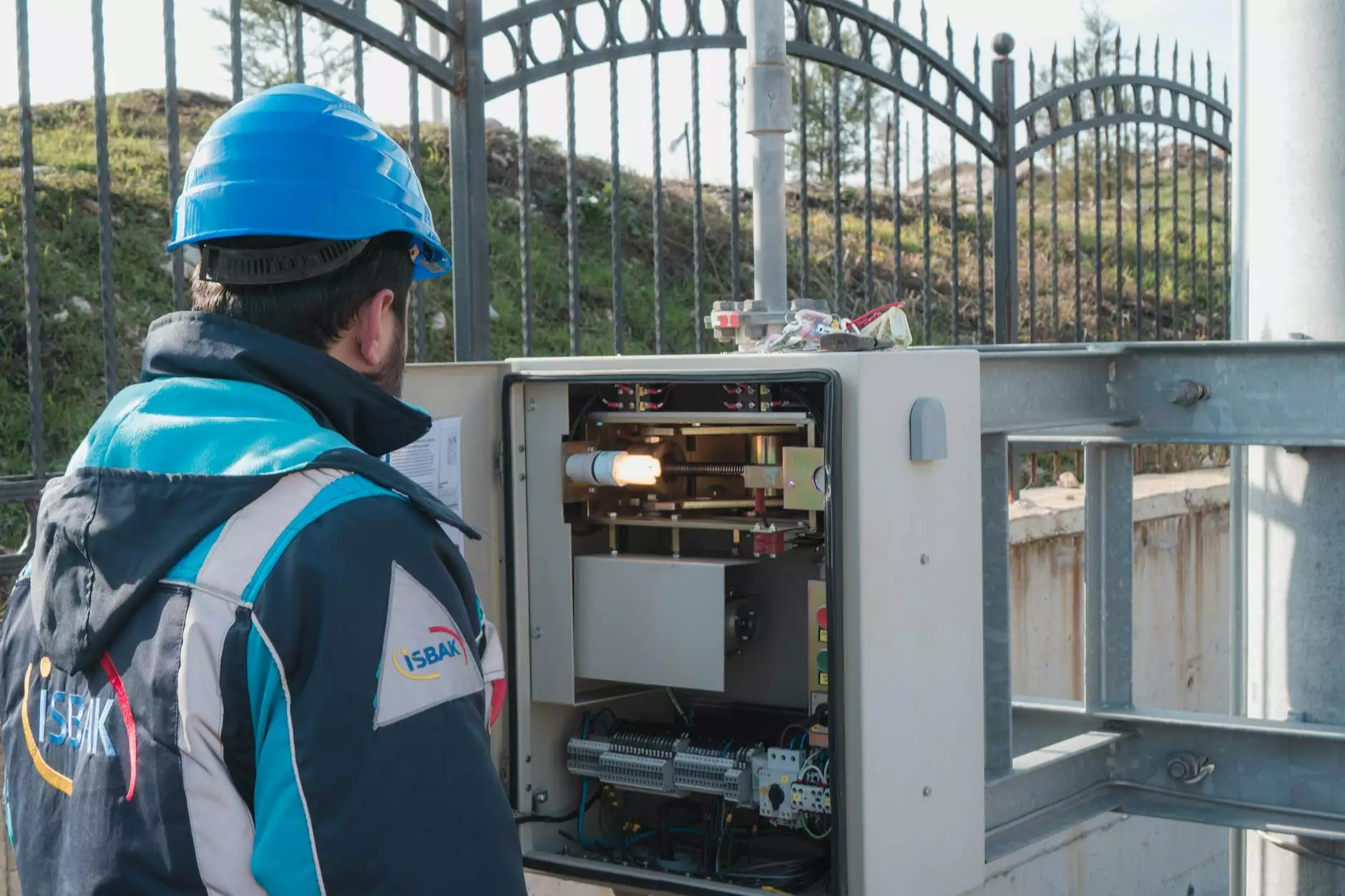Inspecting the Voltage Regulator BEFORE it Fails and Leaves You Stranded
Chassis
Introduction
Welcome to Grafco Electric, your ultimate resource for all your electrical needs. In this comprehensive guide, we will delve into the significance of inspecting the voltage regulator in your engine, emphasizing the importance of proactive maintenance rather than waiting for it to fail and leave you stranded in the middle of nowhere.
The Role of a Voltage Regulator
Before we dive into the inspection process, let's briefly understand the role of a voltage regulator in your engine. The voltage regulator is a crucial component that ensures the optimal electrical system performance. It controls and regulates the output voltage generated by the alternator, thus preventing overcharging or undercharging the battery.
Signs of a Failing Voltage Regulator
Recognizing the signs of a failing voltage regulator is vital to prevent unexpected breakdowns. Here are some symptoms that may indicate a potential issue:
- Fluctuating or unreliable voltage readings
- Dim or flickering headlights
- Electrical accessories not functioning correctly
- Battery constantly draining or not charging properly
- Burnt or corroded connectors
If you notice any of these signs, it is crucial to take immediate action and inspect your voltage regulator to avoid being stranded on the road.
Inspecting the Voltage Regulator
Inspecting the voltage regulator requires a systematic approach to ensure a comprehensive assessment. Here's a detailed step-by-step guide:
Step 1: Preparation
Before starting the inspection, park your vehicle on a level surface, engage the parking brake, and turn off the engine. It is recommended to wear safety gloves and goggles for protection.
Step 2: Locate the Voltage Regulator
The voltage regulator is typically located near the alternator on the engine. Refer to your vehicle's manual or consult a professional if you are unsure about its exact location.
Step 3: Visual Inspection
Thoroughly examine the voltage regulator for any visible signs of damage, such as burnt or corroded connectors, loose wires, or physical wear and tear. If you notice any external damage, it is essential to replace the voltage regulator even if it appears to be functioning correctly.
Step 4: Testing Voltage Output
To ensure the voltage regulator is operating within the expected range, you will need a multimeter. Connect the multimeter's positive lead to the positive terminal of the battery and the negative lead to the ground. Start the engine and measure the voltage output from the alternator. A properly functioning voltage regulator should provide a stable voltage output within the specified range mentioned in your vehicle's manual.
Step 5: Additional Tests
If you suspect a more complex issue with your voltage regulator, it is advisable to consult a professional technician who has access to specialized diagnostic equipment. They can perform additional tests, including load testing, to assess the regulator's performance under different electrical loads.
Why Proactive Inspection Matters
Now that you understand the criticality of inspecting the voltage regulator, let's explore the benefits of proactive maintenance:
- Prevents unexpected breakdowns and costly repairs
- Maximizes the lifespan of the voltage regulator
- Ensures optimal performance and electrical system stability
- Protects other electrical components from potential damage
- Offers peace of mind during your journeys
Remember, a proactive approach to maintenance can save you both time and money in the long run. Regularly inspecting your voltage regulator is a simple yet effective way to maintain your engine's reliability.
Conclusion
In conclusion, the voltage regulator plays a crucial role in your engine's electrical system. By inspecting it regularly and addressing any potential issues promptly, you can avoid unexpected breakdowns and ensure a smooth and hassle-free driving experience. At Grafco Electric, we are committed to providing you with valuable information and expert guidance to help you make informed decisions about your electrical system maintenance.










